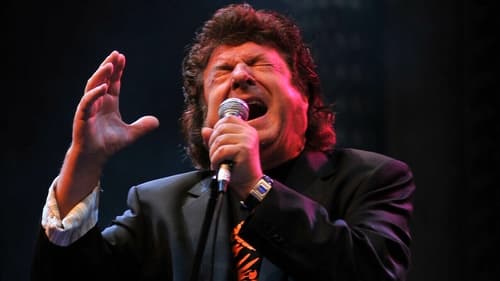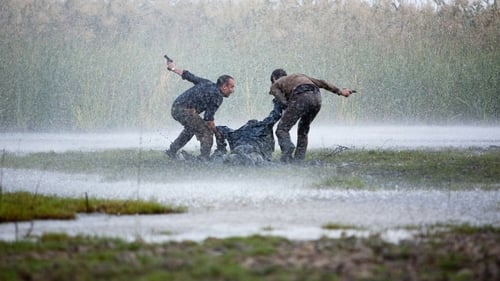
Writer
Granada, Spain, 1922. The composer Manuel de Falla, who dreams every night of the ancestral songs sung to him by his nanny, fears that flamenco art will disappear, so with the help of his friend Miguel Cerón Rubio and the poet Federico García Lorca, he organizes a contest to revitalize and promote it.

Director
Granada, Spain, 1922. The composer Manuel de Falla, who dreams every night of the ancestral songs sung to him by his nanny, fears that flamenco art will disappear, so with the help of his friend Miguel Cerón Rubio and the poet Federico García Lorca, he organizes a contest to revitalize and promote it.

Director
An account of the life and work of the multidisciplinary Spanish artist Mariano Fortuny Madrazo (1871-1949), textile and fashion designer, set designer, photographer, painter and engraver, known as the Leonardo Da Vinci of the 20th century.

Self
Enrique Morente's three sons tell the story of their father: the most revolutionary flamenco in history. Despite criticism from purists, he opened cante jondo to cultured poetry, brought it closer to young university students, explored its Arab roots and paired it with rock and other contemporary sounds. Much of the Spanish music of the last decades is heir to his findings.

Writer
Documentary about the revolutionary flamenco-rock album "Omega", composed by maestro Enrique Morente and the Granada group Lagartija Nick in 1996. A groundbreaking album with great impact on the national and international music scene in which Morente adapted songs by the singer-songwriter Leonard Cohen and he put music to poems by Federico García-Lorca.

Director
Documentary about the revolutionary flamenco-rock album "Omega", composed by maestro Enrique Morente and the Granada group Lagartija Nick in 1996. A groundbreaking album with great impact on the national and international music scene in which Morente adapted songs by the singer-songwriter Leonard Cohen and he put music to poems by Federico García-Lorca.

Producer
1980년 평범한 시골 마을, 10대 자매가 사라지고 사건 해결을 위해 베테랑 형사 주안과 페드로가 마을로 온다. 그들은 사라진 자매의 흔적을 찾지만 폐쇄적인 마을 사람들로 인해 수사에 어려움을 겪는다. 심지어 그녀의 부모 조차도 비밀을 숨기는 듯한 모습을 보인다. 그러던 중, 자매가 무참히 강간, 살해 당한 시체로 발견되고 마을 사람들의 증언이 흘러나오며 한 청년이 용의자로 몰린다. 하지만 물증 없이 심증만 있는 상태에서수사는 점점 미궁 속에 빠지게 되고, 또 한 명의 소녀가 실종되고 마는데…

Director
The story of how, thirty years ago, Camarón de la Isla's “La leyenda del tiempo,” an experimental album mixing very different musical styles, revolutionized the world of flamenco music.

Director

Writer
Documentarian Jose Sanchez-Montes turns his attention towards the late Cuban musician Ignacio Villa, known throughout the world as Bola de Nieve (Snowball), with this 2003 biographical documentary entitled simply Bola de Nieve. A master pianist, Bola de Nieve was a mainstay through the middle portion of the 20th century, with his music almost omnipresent in South America cinema throughout those formative decades. With Bola de Nieve's famous statement "I'm a sad person, but my songs sound happy" in mind, Sanchez-Montes also looks at the influence of the musician's African heritage and homosexuality upon Bola de Nieve's unique musical style.

Director
Documentarian Jose Sanchez-Montes turns his attention towards the late Cuban musician Ignacio Villa, known throughout the world as Bola de Nieve (Snowball), with this 2003 biographical documentary entitled simply Bola de Nieve. A master pianist, Bola de Nieve was a mainstay through the middle portion of the 20th century, with his music almost omnipresent in South America cinema throughout those formative decades. With Bola de Nieve's famous statement "I'm a sad person, but my songs sound happy" in mind, Sanchez-Montes also looks at the influence of the musician's African heritage and homosexuality upon Bola de Nieve's unique musical style.









